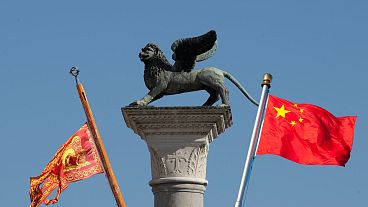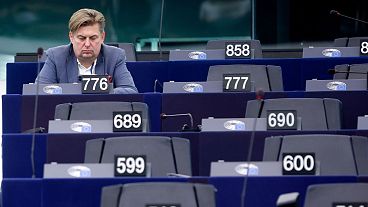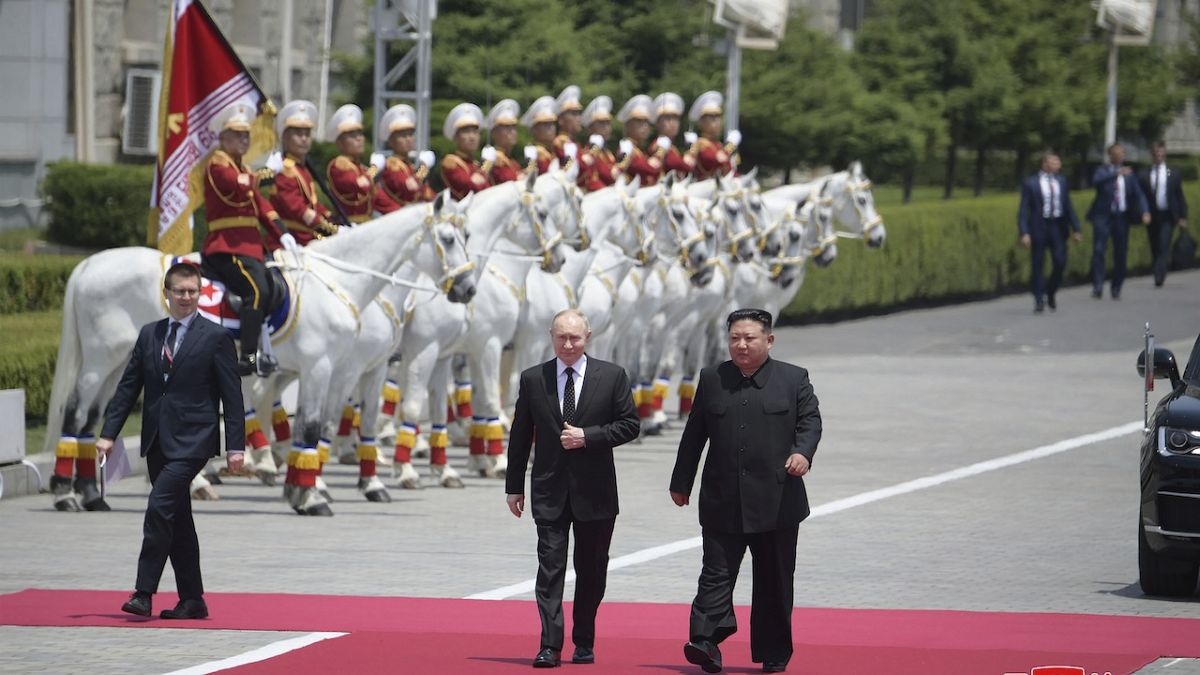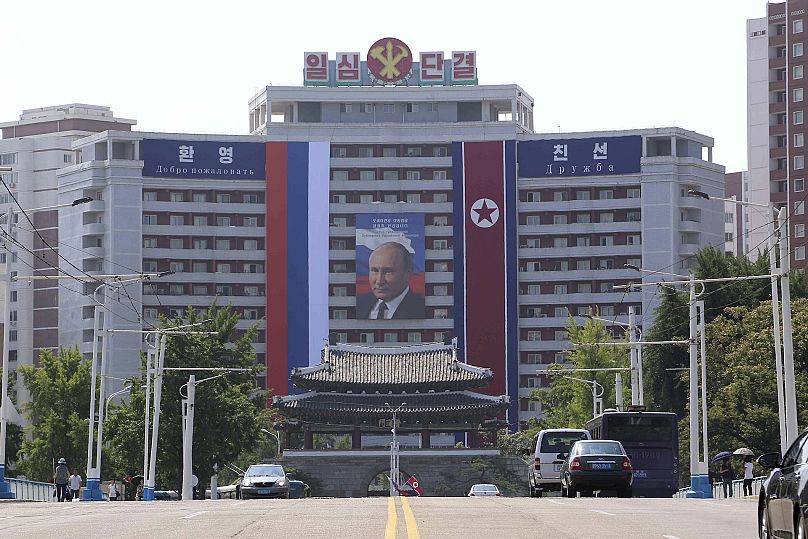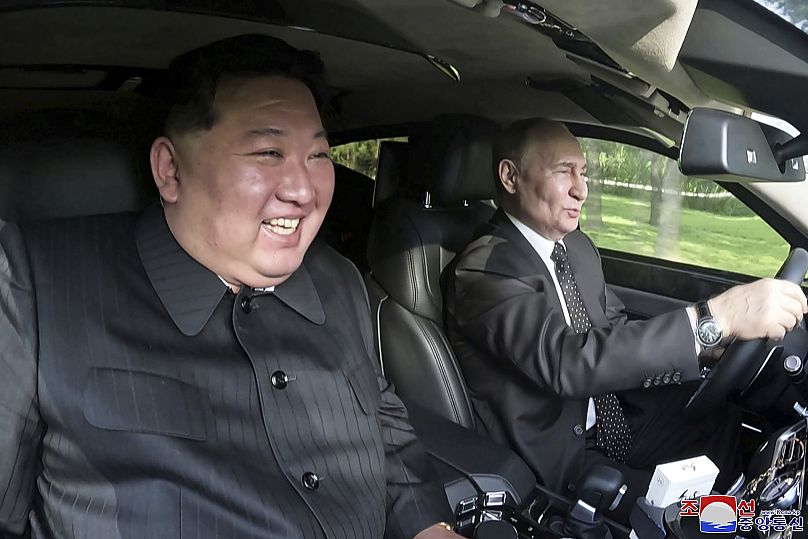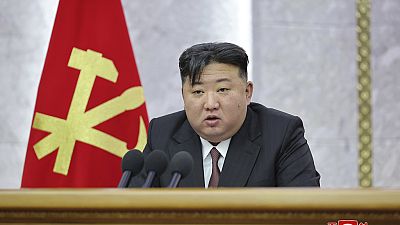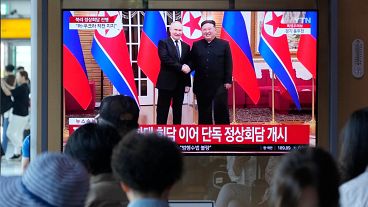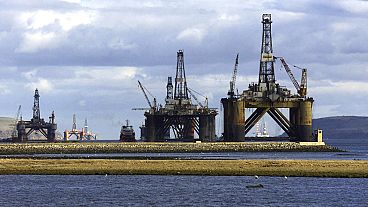What are the main reasons for Russia to complete its strategic shift towards East Asia and even sign a pact of mutual defence with North Korea?
Vladimir Putin received such an impressively staged welcome in North Korea that the red carpet he was greeted on by Kim Jong Un was later visible on the satellite footage from Earth's orbit.
The economic relationship between Russia and North Korea dates back to the post-World War II period when the Soviet Union played a crucial role in the establishment of the Democratic People's Republic of Korea (DPRK) in 1948.
During the Cold War, the Soviet Union was North Korea's primary economic and military benefactor, providing substantial aid, technical assistance, and trade opportunities. However, with the dissolution of the Soviet Union in 1991, this support drastically declined, leading North Korea to face significant economic challenges.
In the 1990s, Russia, grappling with its own economic transition and internal turmoil, as well as lowering its imperial ambitions to a regional level, paid little attention to North Korea. However, the 2000s saw a renewed interest as Russia sought to reassert its influence in Northeast Asia. The historical ties and strategic imperatives have since driven Moscow and Pyongyang to revive and reconfigure their economic partnership.
Trade between Russia and North Korea has seen fluctuations, often influenced by international sanctions and diplomatic relations. The trade relationship is primarily characterised by North Korean exports of minerals, textiles, and agricultural products, while Russia exports energy resources, machinery, and transport equipment.
The radical shift of Russia towards mainly China, but to countries such as North Korea or Iran, came as a direct consequence of the Russian invasion of Ukraine. This may not turn out to be a great move by the Russian leader Vladimir Putin, as Robin Brooks, a senior fellow at the Brookings Institute, recently wrote on X: "Russia's economy is tiny compared to the combined might of Western consumers. You can already see China's export growth to Russia fall after a brief – and small – bump."
Nonetheless, Putin's Russia has little choice, now that it has effectively severed ties to advanced Western economies and is currently pursuing a strategy of open antagonism towards its previous trading partners.
Maria Shagina, a research fellow the International Institute for Strategic Studies, tells Euronews that: "Having joined the sanctions club, Russia is now forced to deal with North Korea. Moscow and Pyongyang are bound by their resentment of US hegemony and their willingness to defy Western sanctions".
North Korea, as an isolated island of advanced totalitarianism, certainly provides an excellent partner with whom to jointly "spite" the West. Elina Ribakova, director of the International Affairs Programme and vice president for foreign policy at the Kyiv School of Economics, explains to Euronews that: "There are absolutely no valid economic reasoning for the rising cooperation between Russia and North Korea, the reasoning is purely that of military cooperation. From the economic perspective, there is very little that North Korea can offer Russia."
Branislav Slantchev, a professor at the University of California San Diego, summarised for Euronews that he also believes that acquiring artillery ammunition is one of Russia's main aims in working closely with North Korea, but added that "guest workers to help with labour shortage in Russia", could also be in Moscow’s interests.
Labour migration is one of the unique facets of the Russia-North Korea economic relationship. Thousands of North Korean workers are employed in Russia, primarily in the Far East, in sectors such as construction, logging, and agriculture. These workers provide a crucial source of foreign currency for the North Korean regime. However, this aspect of the partnership has drawn international criticism due to concerns over labour conditions and the potential violation of sanctions.
Energy cooperation is, apart from the military cooperation, a significant aspect of the Russia-North Korea economic partnership. Russia, with its vast energy resources, has sought to address North Korea's chronic energy shortages. Projects such as the potential extension of the Trans-Siberian Railway to South Korea via North Korea, and the construction of gas pipelines and electricity grids, highlight the strategic importance of energy cooperation. While these projects face numerous political and logistical hurdles, they represent a long-term vision for regional economic integration.
For Russia, the economic partnership with North Korea is not solely about economic gains; it is deeply intertwined with geopolitical considerations. By engaging with North Korea, Russia aims to strengthen its influence in the Korean Peninsula and counterbalance the presence of the United States and its allies in the region. This strategy aligns with Russia's broader objective of asserting itself as a key player in global geopolitics. As Alexander Clarkson, a lecturer at King's College London, explained to Euronews: "In that context it signals to China that Russia can find alternative sources of support, though at the risk of Beijing's annoyance at the Putin regime shaking up arrangements on the Korean peninsula."
The mutual defence pact, signed between Putin and Kim, is meant as an alarm signal for the US. Ivan Kłyszcz, a research fellow at the International Centre for Defence and Security in Tallinn, raises a sobering point for Euronews that although: "North Korea is a pariah state, its regime is also a serious threat to international security, therefore its cooperation with Moscow must be taken seriously".
For North Korea, Russia serves as an essential counterbalance to China's overwhelming influence. While China remains North Korea's primary ally and economic lifeline, Pyongyang seeks to diversify its international partnerships to avoid over-reliance on Beijing. Russia's support, both economic and diplomatic, provides North Korea with additional leverage in its dealings with China and other international actors.
Alexander Lanoszka, associate professor at the University of Waterloo, told Euronews about his definition of the recently signed defence pact between Russia and North Korea: "There is a written agreement that contains mutual defence pledges. That is an alliance."
South Korea's presidential office condemned the said agreement and made a public statement that it will reconsider its current policy of limiting support to Ukraine of non-lethal supplies. In this we can observe that the Russian gambit of strengthening ties with North Korea has far-reaching regional consequences, with countries such as South Korea and Japan to bear the brunt of it.
While propaganda scenes coming from Pyongyang this week may be absurd and at times obscene, mutually enhanced destructive potential of Russia and North Korea is no laughing matter. Not only does this cooperation prolong the war in Ukraine it also provides a frightening image of a North Korea with increased nuclear striking capabilities.


